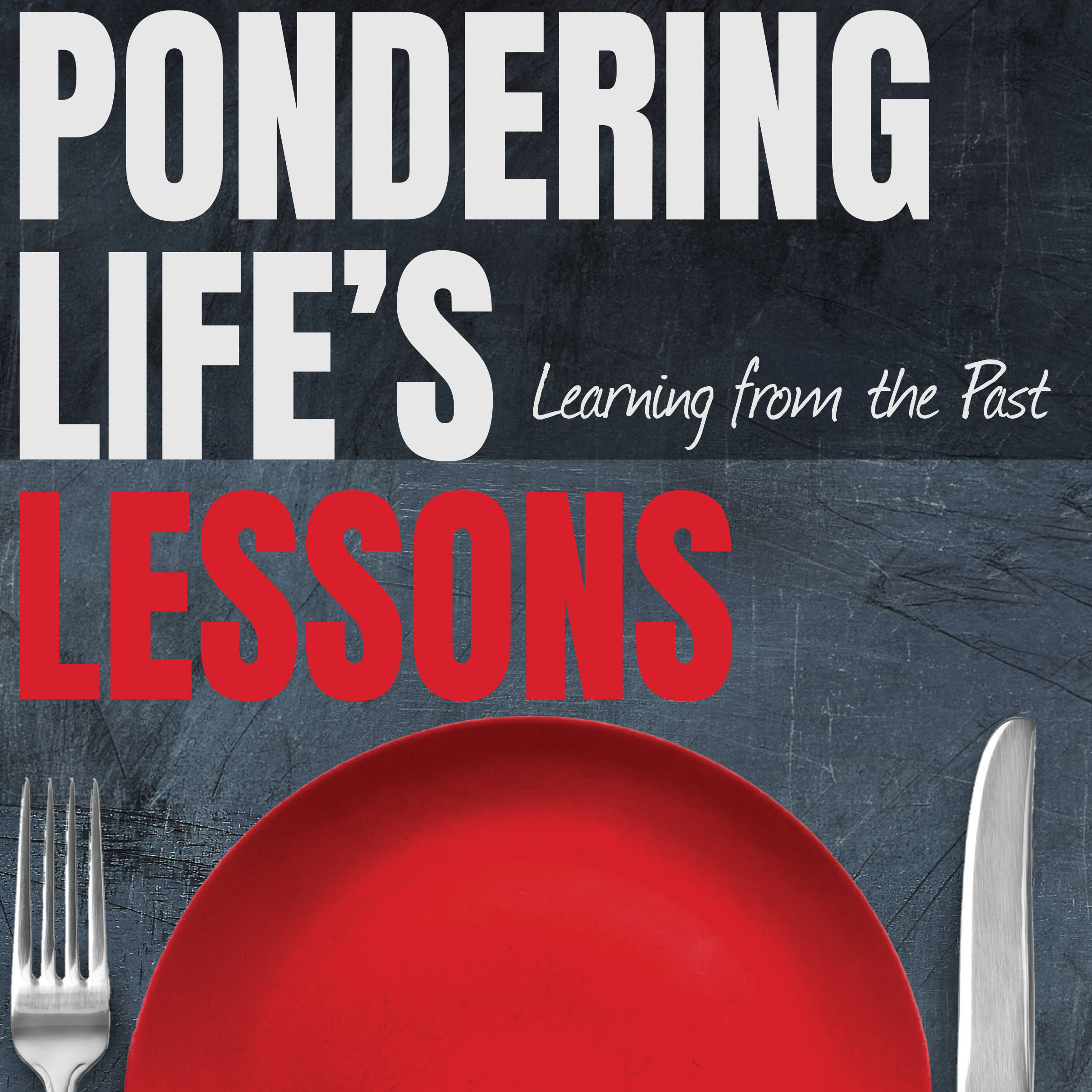I was at a family Thanksgiving dinner at my Aunt Ruth’s house when Mom made the announcement. Dad was retiring, and he had Parkinson’s disease. He’d been off work for about six weeks after cutting his hand on a broken pop bottle. Broken bottles were a part of the job when you deliver pop for Faygo. He’d injured himself like this at least once before, but he returned to work. Not this time.
I was surprised and a bit hurt. I thought this type of news should have been shared with my two sisters and me before everyone else. But it wasn’t. I guess Mom thought telling everyone all at once would be easiest.
I had heard of Parkinson’s disease but knew of it in name only. I didn’t know what having it meant. Dad had always talked about owning a “party store”. I thought he might buy one after he finished with Faygo, but it just wasn’t in the cards. Retirement meant stopping work of any kind. Having Parkinson’s meant living a whole new life. Both were big challenges.
Parkinson’s disease is a progressive nervous system disorder that affects movement. The first thing I learned was there was no cure, but symptoms could be assisted with proper medications. Symptoms start gradually, sometimes starting with a barely noticeable tremor in just one hand. Tremors are common, but the disorder also commonly causes stiffness or slowing of movement.
 In the early stages of Parkinson’s disease, your face may show little or no expression. Your arms may not swing when you walk. Your speech may become soft or slurred. Parkinson’s disease symptoms worsen as the condition progresses. The thing I noticed first with dad was the way he kept his right hand in his pocket even when he sat. Securing his hand was a way to control the tremors from public view.
In the early stages of Parkinson’s disease, your face may show little or no expression. Your arms may not swing when you walk. Your speech may become soft or slurred. Parkinson’s disease symptoms worsen as the condition progresses. The thing I noticed first with dad was the way he kept his right hand in his pocket even when he sat. Securing his hand was a way to control the tremors from public view.
Shortly after the family announcement, Mom and Dad joined a Parkinson’s support group. The group’s mission was to help people understand what was happening and to offer assistance as the disease progressed. It always gets worse, but the rate of decline differs from person to person. Mom told me I could attend the meetings if I wanted to learn more about the disease because they were open to everyone. I made it a point to attend two or three of the monthly meetings each year.
There were guest speakers who spoke of new medications, many who were doctors specializing in the disease. Dad changed doctors a couple of times when they liked what they heard from the presenter. They found messages of hope and gravitated towards it. Mom eventually became the leader of the group. Leadership meant learning more and organizing the meetings. Dad enjoyed going to them.
When I attended, I saw Dad in his element. Mom was the group leader, so he assumed the role of right-hand man. He welcomed the attendees as they gathered, shook hands with the gentlemen, helped ladies with their coats, and kissed several veterans on their cheek as they departed.
TBC

